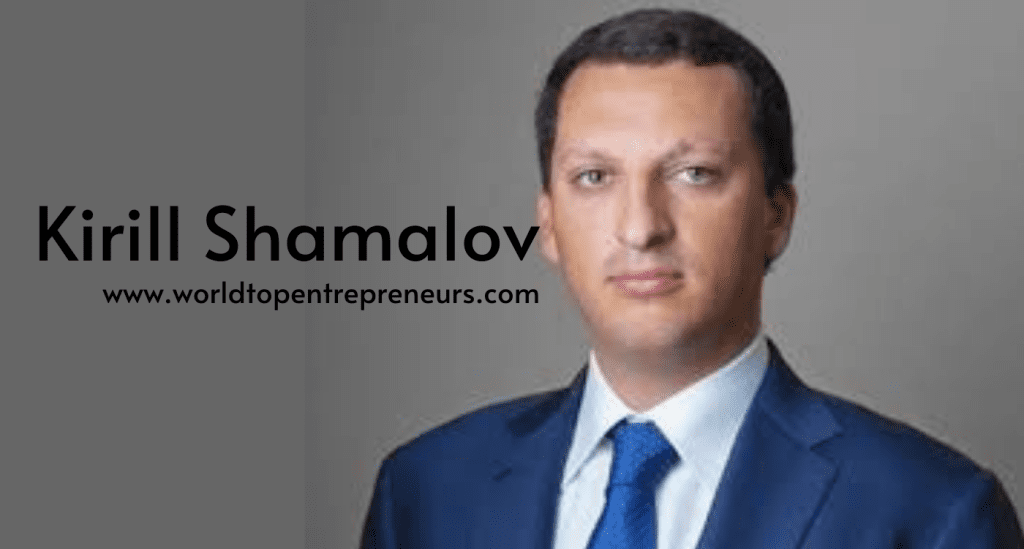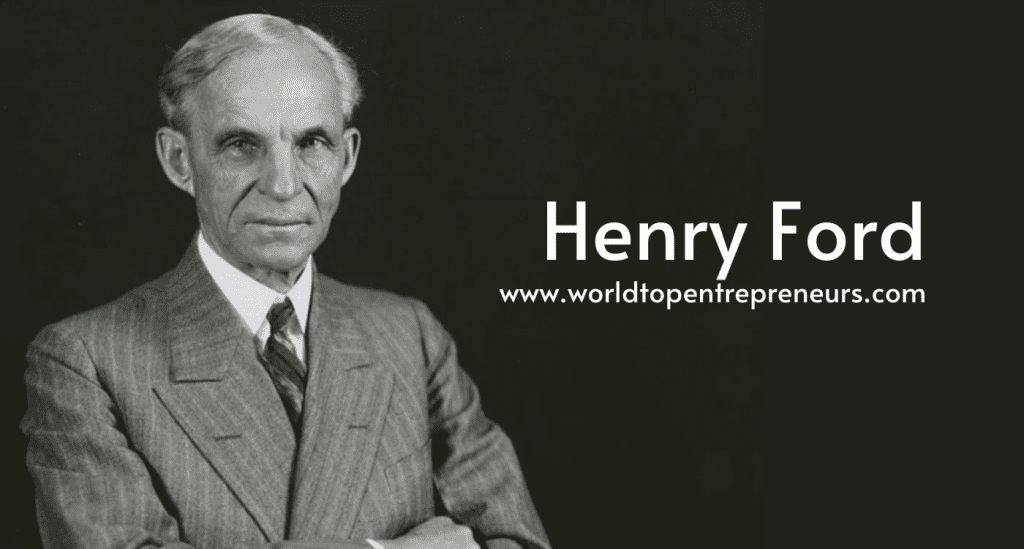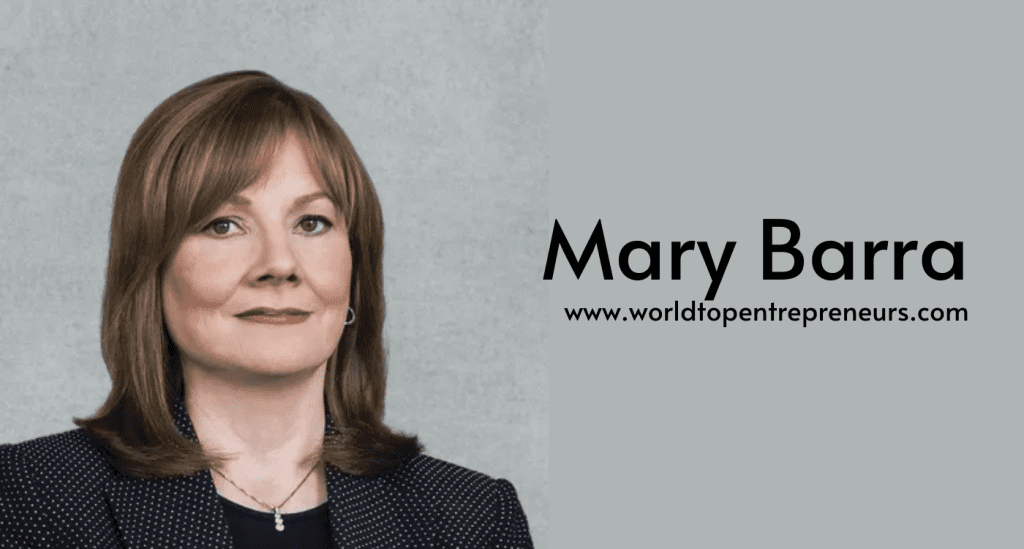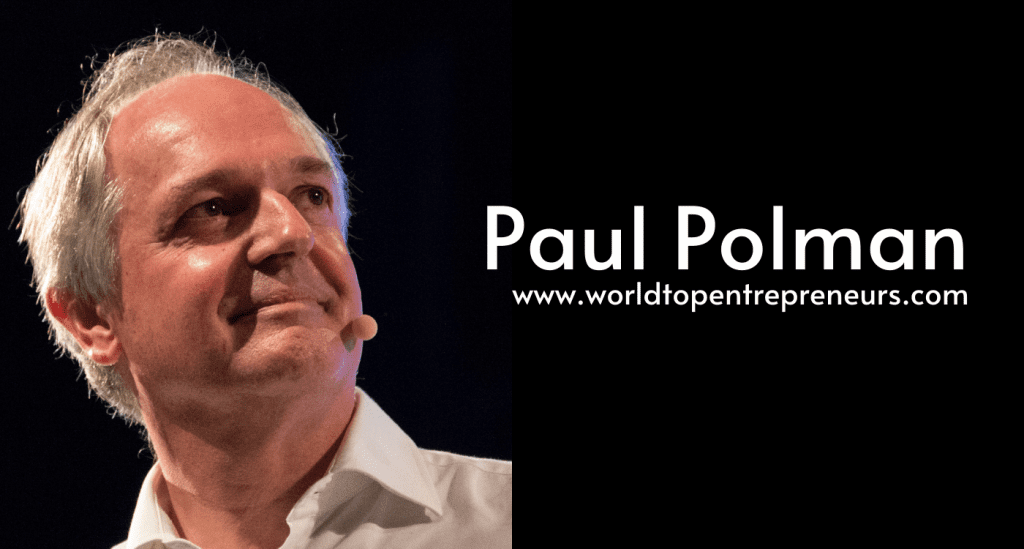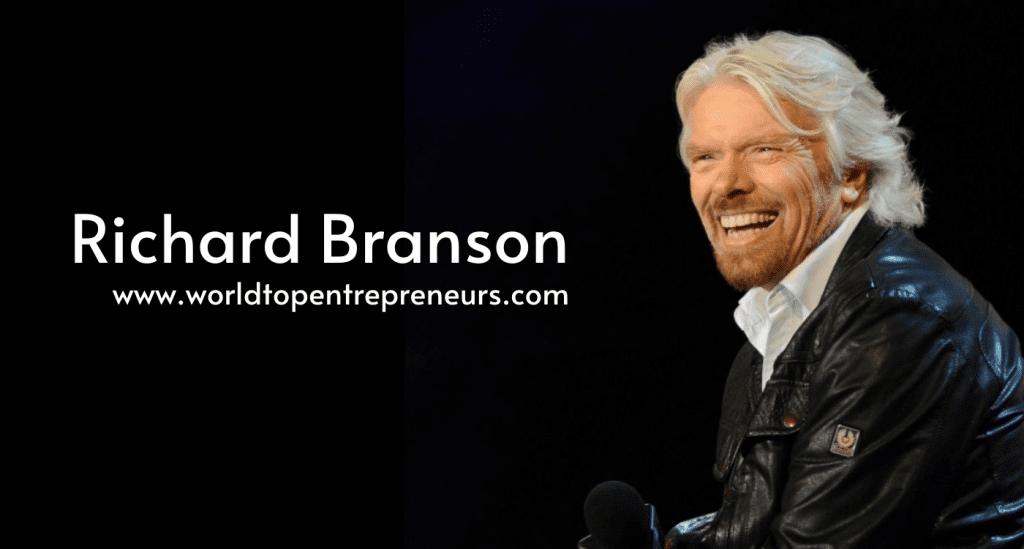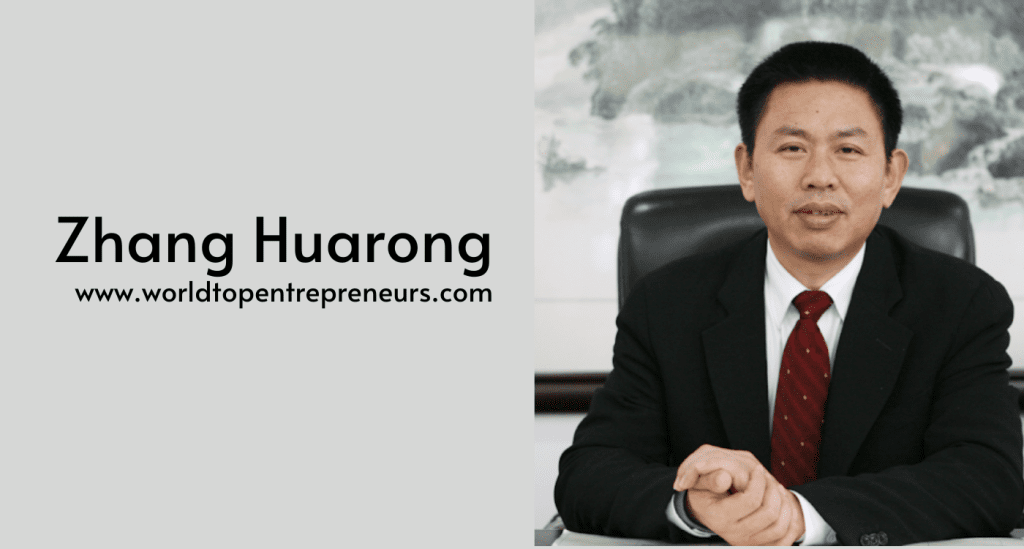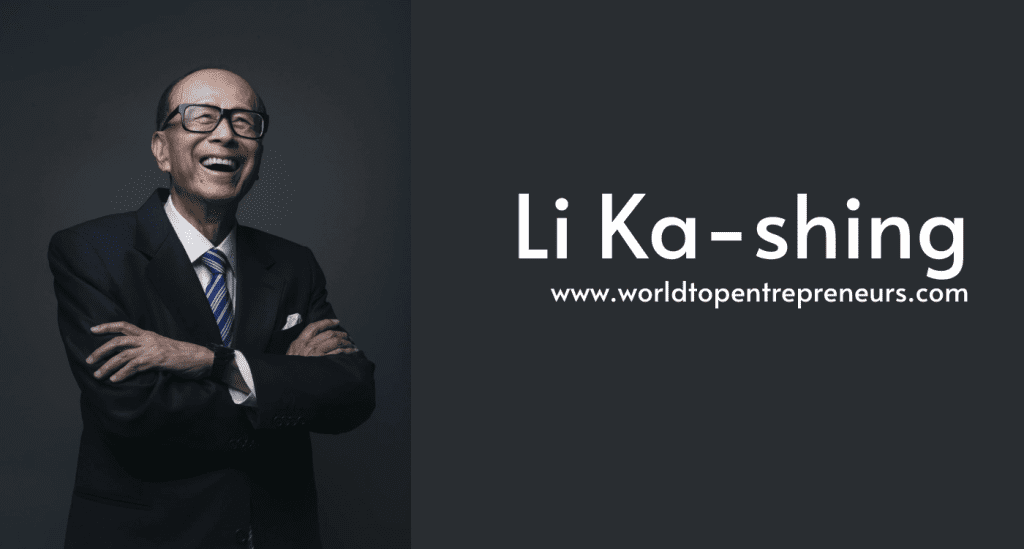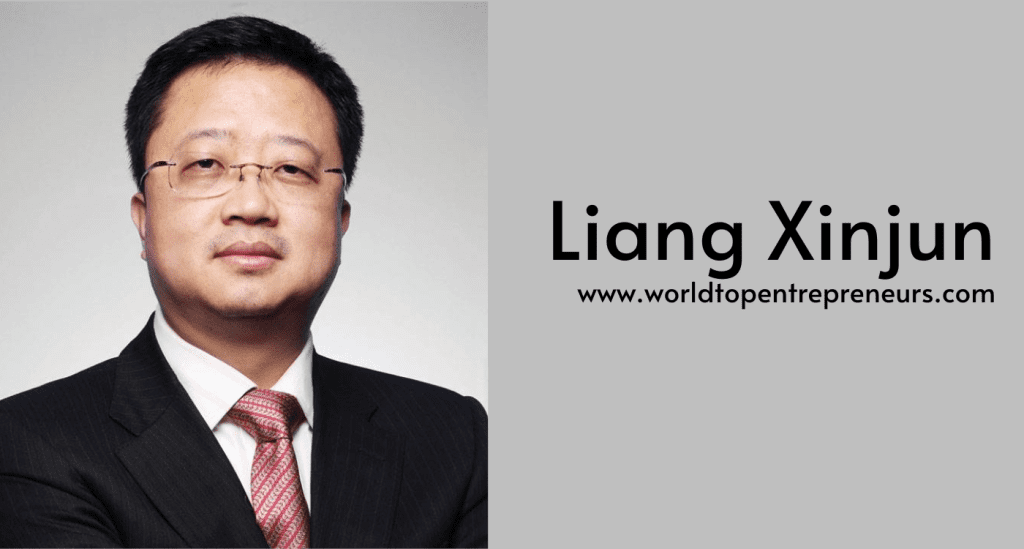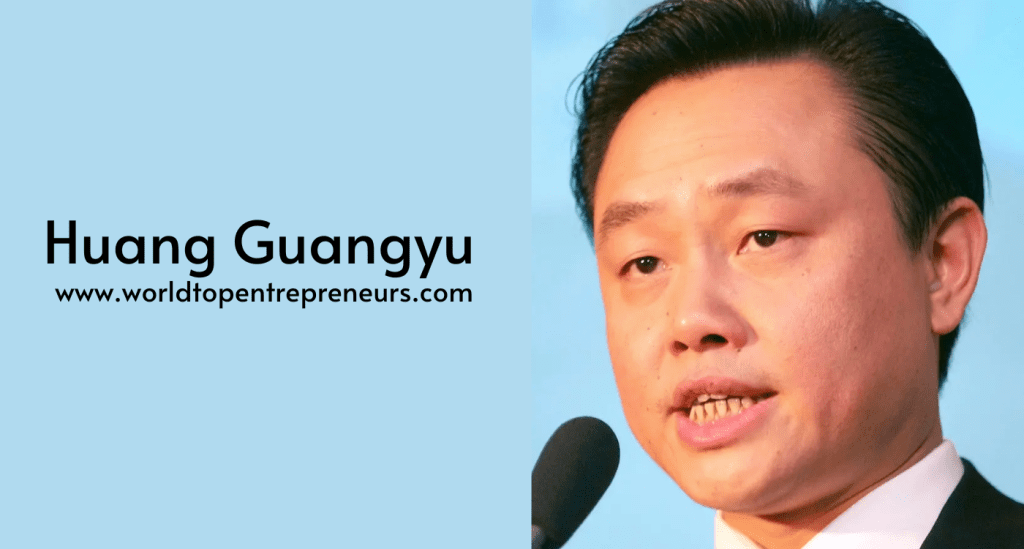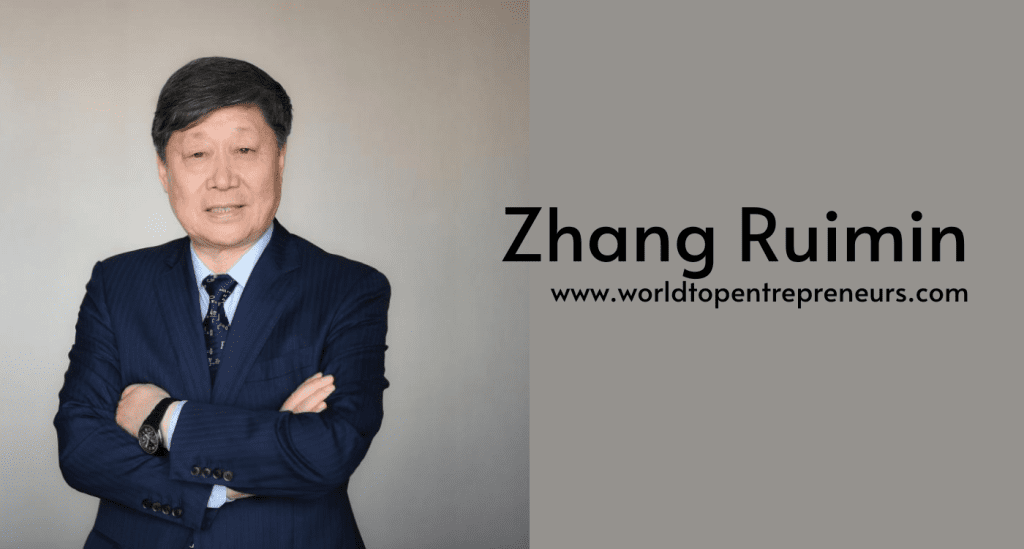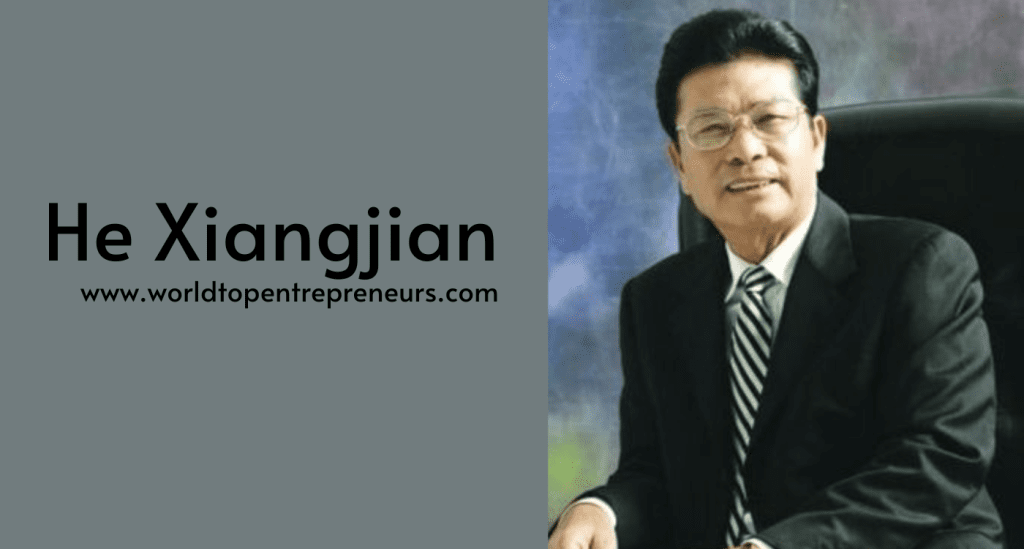Kirill Shamalov is a prominent Russian businessman and entrepreneur who is best known for his significant role in the Russian energy sector, particularly for his connections with the gas and petrochemical giant, Sibur. Born into a prominent family with ties to Russia’s political elite, Shamalov has carved his path through a combination of inherited wealth, strategic business moves, and navigating the complexities of Russia’s oligarchic business landscape.
Early Life and Educational Background
Born on January 22, 1982, in Leningrad (now St. Petersburg), Kirill Shamalov comes from a family with notable connections to the Russian political and business establishment. His father, Nikolai Shamalov, was a key figure in the banking and business sectors and had close ties to high-ranking officials in Russia. The family’s connections to the political elite played a pivotal role in shaping Kirill’s future.
Kirill Shamalov attended the prestigious Saint Petersburg State University of Economics and Finance, where he earned his degree in economics. This educational foundation in economics provided him with a solid understanding of business management, financial systems, and strategic investments—skills that would later prove essential in his entrepreneurial ventures.
The Start of the Business Journey
Shamalov’s entrance into the business world can largely be attributed to his early ties with the family of Russian President Vladimir Putin. In the early 2000s, Kirill met Katerina Tikhonova, a daughter of President Putin, which led to significant business opportunities. It is widely believed that his connection with the Russian political elite helped Shamalov rise rapidly in the business world. He began working at various organizations where he could leverage these connections to his advantage.
However, his initial business ventures were not entirely devoid of challenges. Like many young entrepreneurs with influential family ties, Shamalov had to prove himself in a competitive market while managing the complexities of public perception and navigating Russia’s often murky business environment. His early involvement in business also saw him managing companies involved in real estate and finance.
Sibur and Key Business Milestones
One of the most significant chapters of Kirill Shamalov’s entrepreneurial journey is his association with Sibur, one of Russia’s largest petrochemical and natural gas companies. Sibur, which is involved in the production and sale of petrochemical products, plastics, and synthetic rubbers, was a natural partner for Shamalov, given his family’s ties to the Russian energy sector.
In 2013, Kirill Shamalov’s entrepreneurial trajectory took a major leap when he acquired a significant stake in Sibur, the company where his father, Nikolai Shamalov, was a board member. Shamalov’s rise within Sibur was rapid. By 2014, he had gained the position of Deputy CEO at Sibur Holding, and within a few short years, he was considered one of the key figures at the company. This role allowed Shamalov to oversee crucial segments of Sibur’s operations, including petrochemical production, investment strategies, and expansion into new markets.
While the exact nature of how Shamalov secured his position in Sibur is not entirely transparent, it is clear that his family connections, combined with his business acumen, enabled him to navigate the complex corporate and political landscape of Russia’s energy sector. His rapid ascent in Sibur is also emblematic of the broader phenomenon in Russia, where business leaders often emerge from the network of individuals closely linked to the political elite.
Shamalov’s strategic vision and leadership at Sibur were pivotal in driving the company forward. Under his leadership, Sibur made significant investments in infrastructure, research, and development, allowing it to further solidify its position as a dominant player in the Russian petrochemical market. This period also saw Sibur increase its international presence, expanding its operations into markets in Asia, Europe, and the Americas.
Struggles and Challenges
Despite his significant business successes, Shamalov has faced his share of struggles, particularly concerning public scrutiny of his wealth and business practices. His rapid rise at Sibur and his ownership stake in the company have raised eyebrows, particularly given his family’s political connections.
Shamalov’s personal life has also been a source of controversy. His marriage to Katerina Tikhonova, President Putin’s daughter, was kept relatively private, but the media attention surrounding the couple was intense, given the high-profile nature of their family ties. Critics have suggested that Shamalov’s rise to prominence was aided by his connections to the Russian political elite rather than purely by merit. This perception of privilege has been a persistent challenge throughout his career.
Additionally, Russia’s business environment, characterized by its high levels of corruption, political influence, and unpredictable legal landscape, has made it difficult for Shamalov and other oligarchs to maintain a stable business environment. Companies like Sibur operate in an environment where political connections often play a significant role in securing contracts, access to resources, and market positioning.
Major Successes
Despite these challenges, Kirill Shamalov has achieved significant success. The most notable of these successes is his pivotal role in Sibur’s growth and expansion. Under his leadership, the company achieved substantial profitability and solidified its position as a leader in Russia’s petrochemical sector.
Additionally, Shamalov’s entrepreneurial portfolio is diverse. Apart from his involvement in Sibur, he has been associated with several other businesses, primarily in the fields of energy, finance, and real estate. His strategic investments in these sectors have allowed him to maintain his influence in Russia’s economy, even in the face of public and political scrutiny.
Shamalov’s work in the international arena has also been notable. Sibur’s partnerships with global companies have expanded significantly during his tenure, reflecting his ability to forge connections and negotiate lucrative deals on behalf of his company.
Legacy and Current Ventures
Today, Kirill Shamalov remains a prominent figure in the Russian business landscape, although he has taken a step back from the public eye in recent years. Despite his relatively young age, Shamalov has already secured a lasting legacy within Russia’s energy and petrochemical sectors.
His continued success can be attributed to his strategic business decisions, his ability to navigate Russia’s complex political economy, and his investment in key industries. Although his personal wealth and the nature of his rise to prominence will likely remain topics of debate, there is no doubt that Shamalov’s entrepreneurial journey serves as a testament to his ability to leverage both his family’s connections and his own business savvy to build a multi-faceted empire.
In the years to come, Kirill Shamalov’s role in Russia’s energy sector and his broader entrepreneurial activities will continue to shape the business landscape of the country. Whether he chooses to remain within the corporate world or transition into other ventures, his impact on Russia’s petrochemical industry, and beyond, will remain a key aspect of his legacy.
Conclusion
Kirill Shamalov’s journey is a reflection of the intersection between politics, business, and personal ambition. From his early education and connections to his rise within Sibur, his story offers a glimpse into the complex nature of doing business in Russia. Despite the controversies surrounding his wealth and connections, Shamalov’s entrepreneurial success cannot be denied. His story is not just one of personal achievement, but also one that sheds light on the broader dynamics of Russian business and the role that elite networks play in shaping the country’s economic future.

